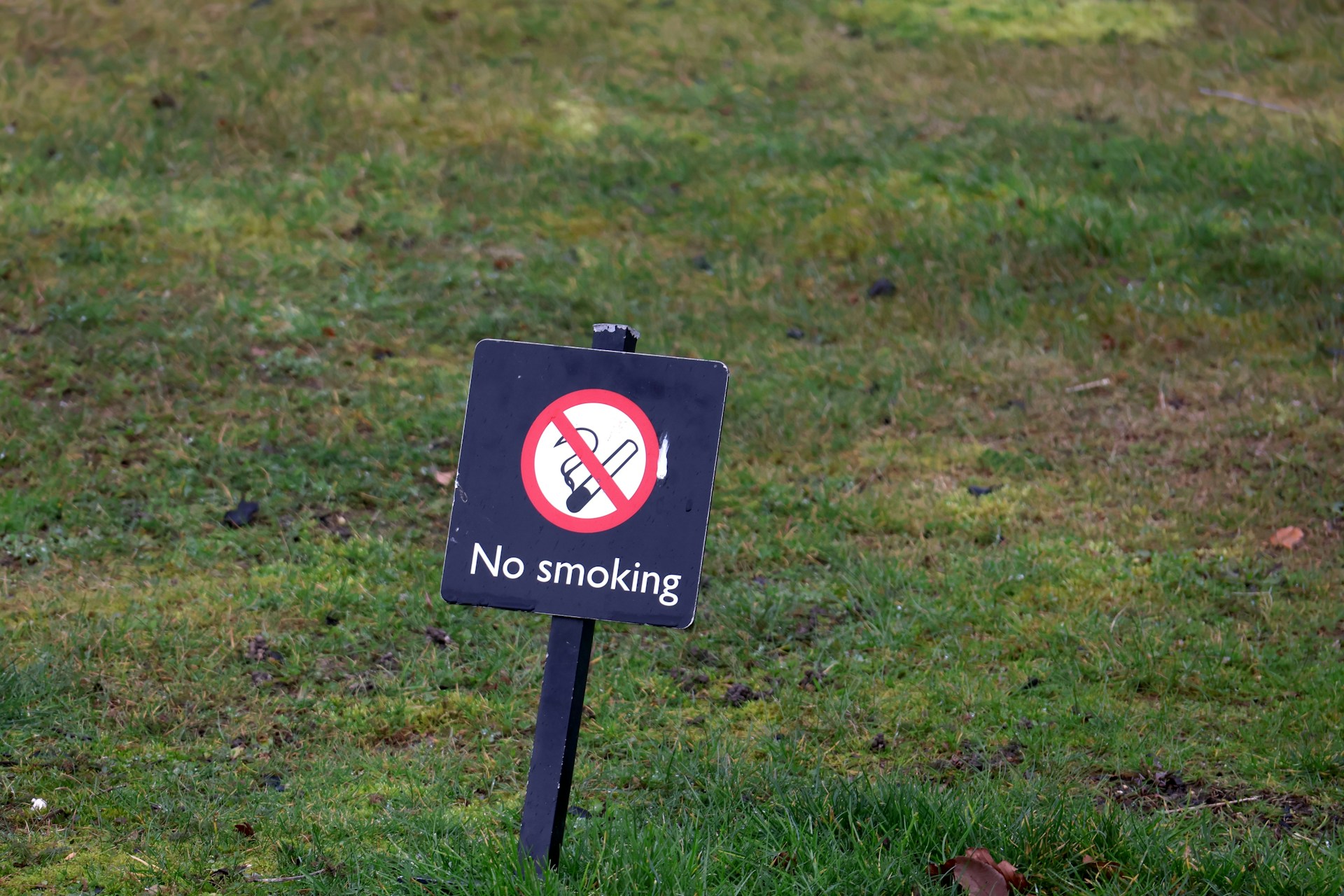News release
From:
Janet Hoek, Professor of Public Health, Co-Director ASPIRE Aotearoa, University of Otago, Wellington, and study lead author, comments:
"The coalition government's repeal of tobacco endgame measures ignored research evidence, expert opinion and public support; as a result, the repeal led to questions about the tobacco industry's influence on health policy. Aotearoa's regulation of lobbying is weak relative to other countries and we need measures that promote greater transparency, including a lobbyists' register and robust code of conduct. Given tobacco companies' long history of corporate duplicity, we should change current policies so tobacco companies, and groups with commercial interests in tobacco products, are no longer able to submit on proposed policies."



 New Zealand
New Zealand


